Invisibility is, in essence, the modern form of racism used against Native Americans. Check out our report on how higher education institutions can create equitable and healthy learning environments for American Indian and Alaska Native students.
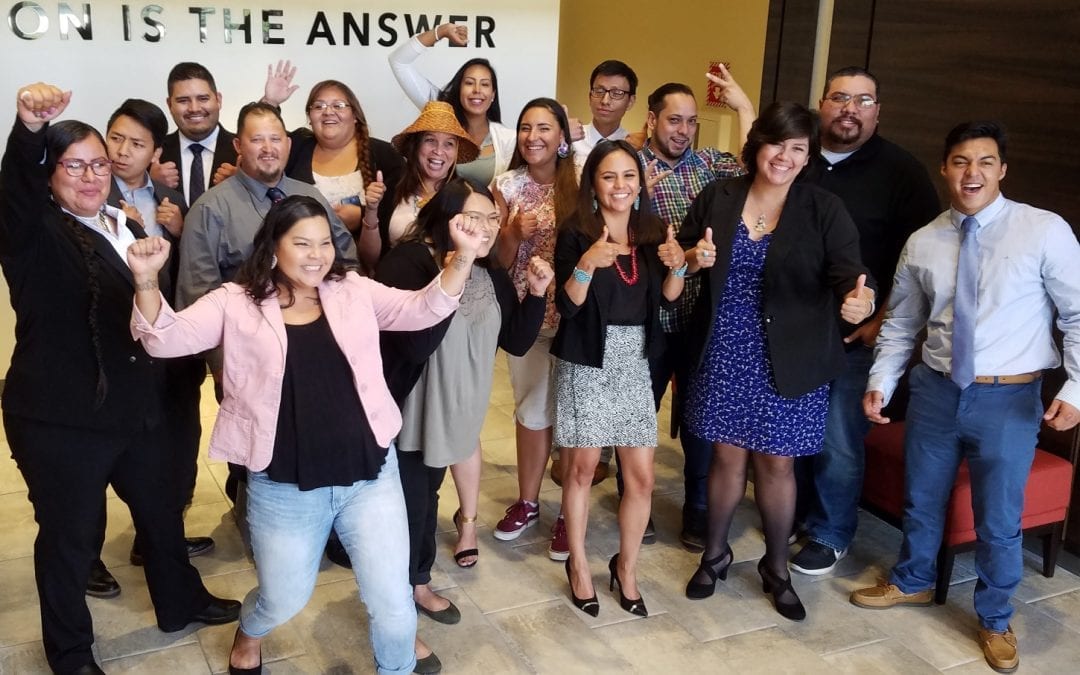

Invisibility is, in essence, the modern form of racism used against Native Americans. Check out our report on how higher education institutions can create equitable and healthy learning environments for American Indian and Alaska Native students.
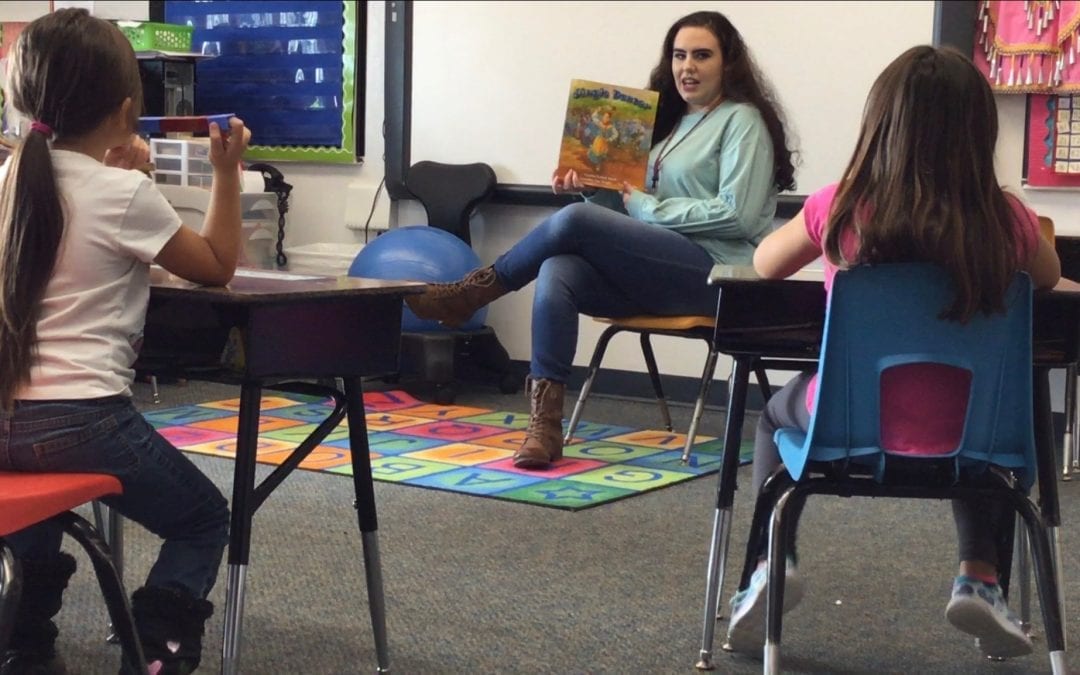
The backbone of a community-based program is taking into account the community’s needs. This happens by listening to people in the community who you hope to serve with your programming.
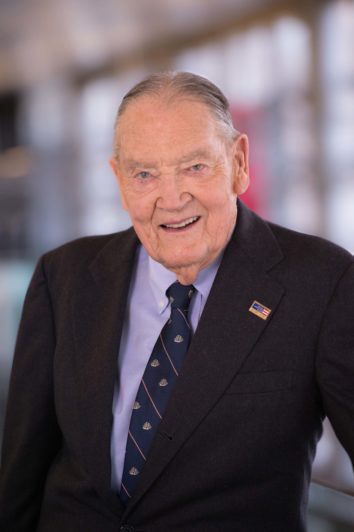
It is with heavy, but grateful hearts, that we at the American Indian College Fund, on behalf of the students and Native communities we serve, thank Vanguard founder and longtime American Indian College Fund supporter Jack Bogle for his commitment to improving the lives of American Indians.
Early childhood is a time of exploration. And Toyota and the American Indian College Fund have teamed up through a grant of $15,000 to two tribal colleges and universities to encourage children’s’ Indigenous STEM exploration.
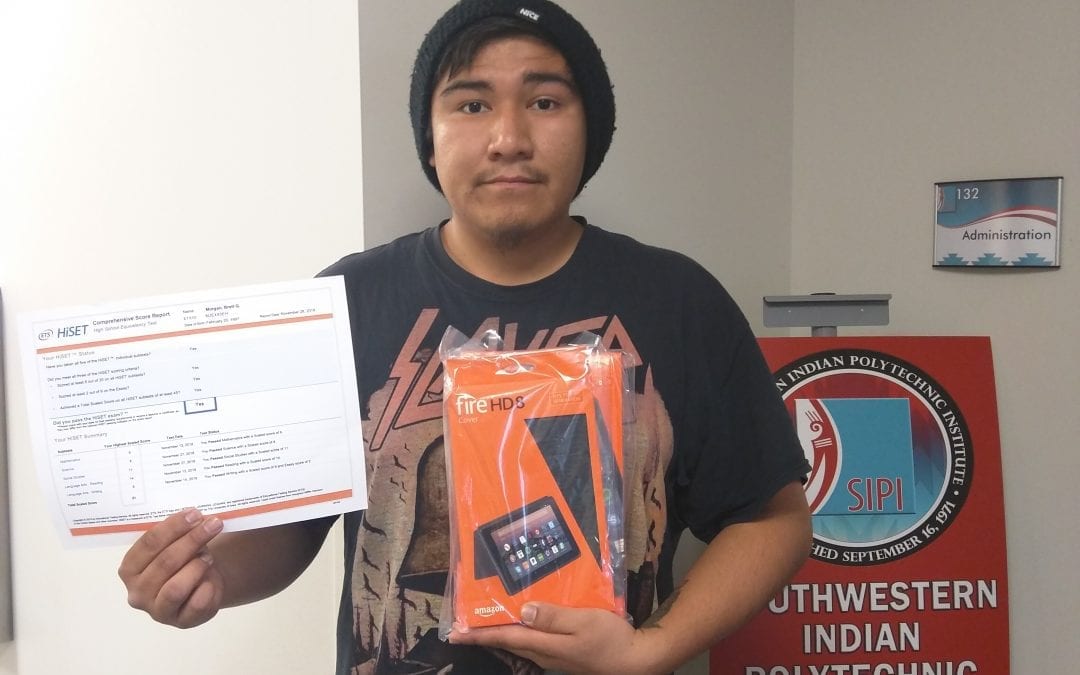
For Native students who did not complete high school, the High School Equivalency (HSE) Certification program at Southwestern Indian Polytechnic Institute (SIPI), formerly called the GED Program, serves as a stepping stone for furthering education and career opportunities.

Leech Lake Tribal College students teamed up with the Leech Lake Band of Ojibwe in Minnesota to install a community solar garden to help residents as part of the federal Low-Income Home Energy Assistance Program (LIHEAP).
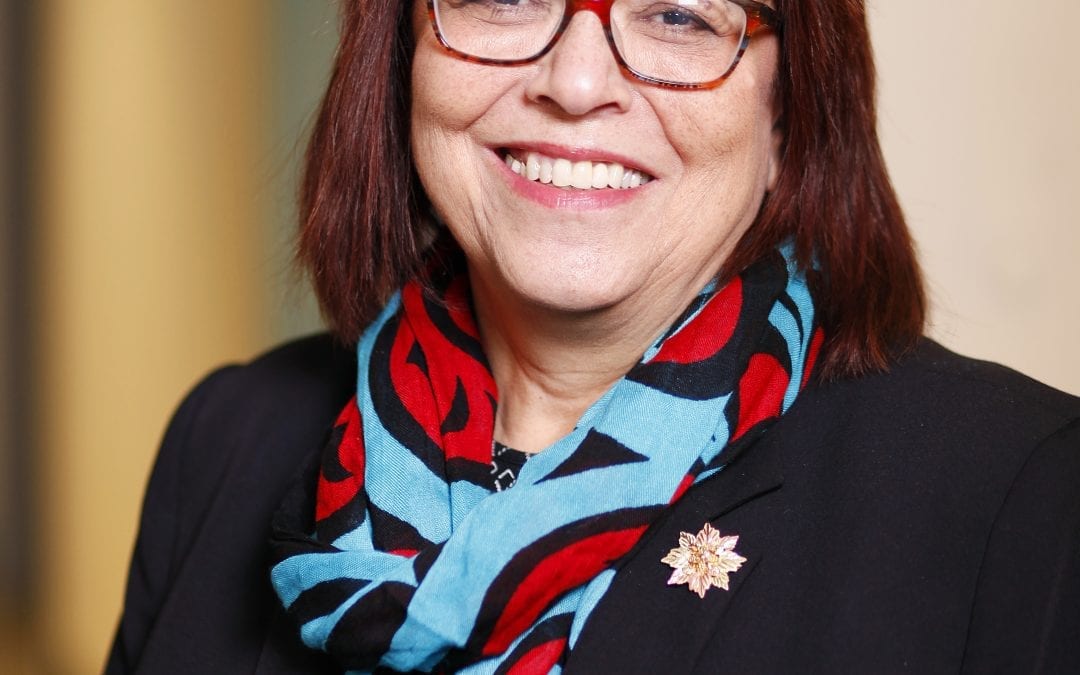
Schools would be able to choose what standard of evidence to apply to cases of sexual misconduct; only formal complaints filed with an authority figure would be investigated; and schools would no longer be required to investigate complaints occurring off campus or outside of their school-sponsored programs.
Four tribal college and university faculty participating in the American Indian College Fund’s Mellon Faculty Career Enhancement Fellows program have graduated. They will now serve their tribal colleges and universities (TCUs) using their knowledge and degrees.
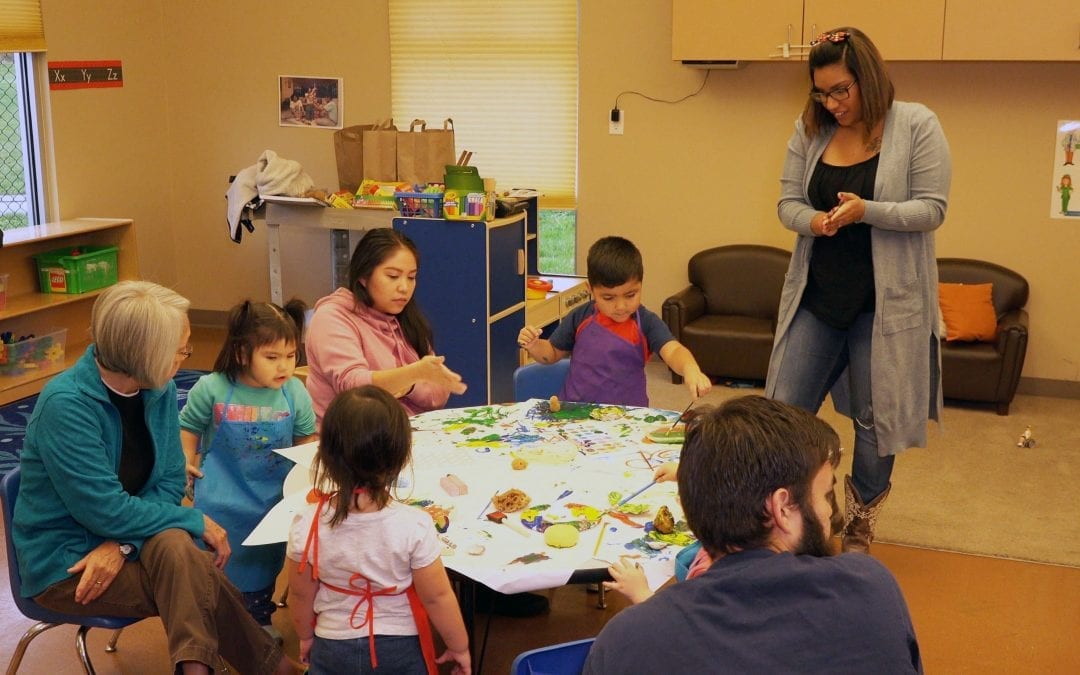
In early November, the Salish Sea Research Center team from Northwest Indian College visited our Early Learning Center classrooms. Our students were excited to see what they had brought because the scientists arrived with a mysterious, big, red ice chest. The children called it “a treasure chest of sea creatures!”
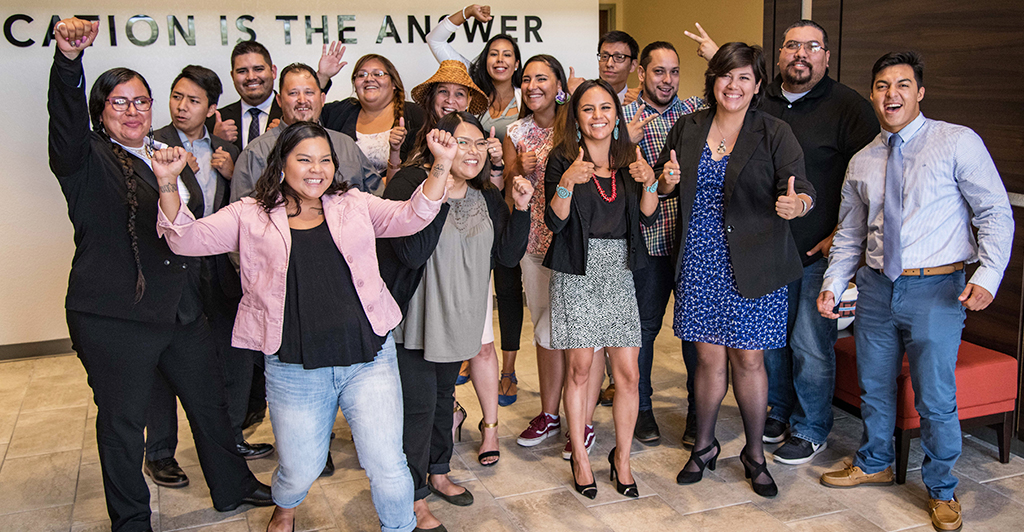
With more than 30 years of experience working in education with American Indians, President Cheryl Crazy Bull of the American Indian College Fund shares her insight into how all colleges and universities can increase access to higher education for Native students–and help students thrive once they are there.